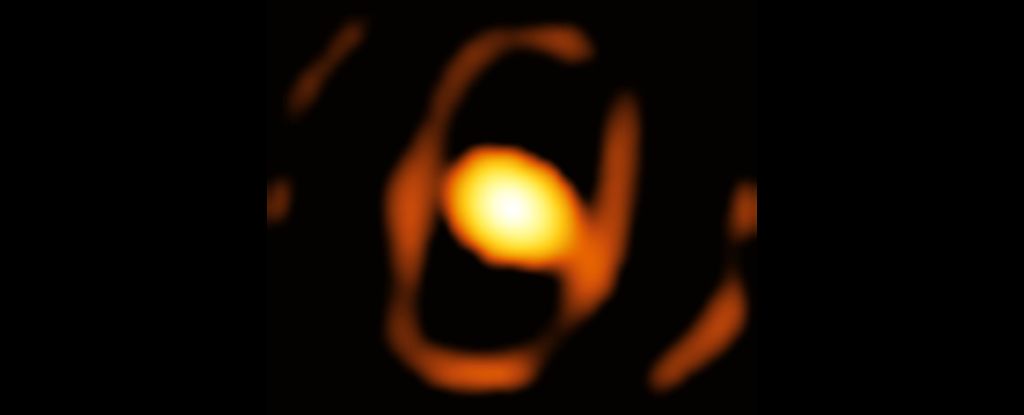ARTICLE AD
Coca-Cola just revealed three new holiday ads created with generative AI. One for Coke Zero is on its YouTube page, unlisted. The comments below the video are a war zone. People hate the ad. They love the ad. As things turn to shit on the internet and real life, people are consumed with a conflict they feel they may be able to control: whether or not a corporation will use AI to generate the ads it uses to sell us a sugary drink.
The ad does suck. It’s a riff on the beloved 1995 Coca-Cola ad that features a convoy of lit-up Coke trucks delivering Christmas cheer to a suburban landscape. The new ad features some of the hallmarks of AI-generated “art” that makes people uncomfortable. The hands are correct, but no single shot lasts more than a few frames. The human beings seem wrong like they’re animated mannequins. There’s a sense that things are almost correct here, almost right, but different enough to make someone uncomfortable.
“The beginning of the end of creativity,” one commenter said below the unlisted YouTube video advertising soda. “Call me crazy now but you’ll see …”
“Why are you destroying my childhood with this slop, are you mad everyone drinks Pepsi and Dr. Pepper now?” Said another.
“TRASH—soulless and lazy corner cutting, why not innovate and do something new instead of just rehashing using AI to replicate what you already did,” said a third.
In our fallen world, not even our advertisements are genuine anymore. At least we can fight about that. Multiple news outlets covered not just the ad, but the backlash to the ad. “Coca-Cola ripped for ‘ugly’ AI generated Christmas Commercial: ‘Dystopian nightmare,’” said the New York Post. “Coca-Cola’s iconic ‘Holidays Are Coming’ ad is now a soulless and creepy dystopian nightmare made by AI,” said Techradar.
But advertisements have always sucked. Coca-Cola and other corporations have so thoroughly and completely dominated our culture that the realistic nature of the ads they use to sell us stuff has, somehow, become a topic of debate. The YouTube comments are also full of people excited to be reminded that Christmas is upon us, people that associate the Yuletide with Coca-Cola as well as family.
“In my house it’s not officially Christmas 🎅🏼 until I see that advert on t.v or YouTube,” said one comment.
“Gotta love the Coca Cola Christmas advert ever since being kid I remember there adverts at Christmas time 🎅🏼🎄,” another said.
For me, this is more depressing than anything Coca-Cola could ever do with AI advertising. If you’re upset about the quality of the art people use to sell you something then you’ve already lost.
And, according to The Drum—an advertising newsletter—people love this ad if you don’t tell them it’s AI before they watch it.
“We measured the branded emotional reaction to the ad. The usual fare for us with one tiny difference,” The Drum said in a recent post. “We didn’t tell them they were watching an AI ad or that they were to compare it to the beloved original. That’s no doubt baggage you had when you clicked the headline to watch the ad the first time as an advertising practitioner of some sort. So we predicted its creative effectiveness potential, and it scored top marks beating all previous Christmas truck ads over the years.”
The simple truth is that companies care about the bottom line and that generative AI has the potential to be cheaper and faster at producing ads. To make the original ad, Coca-Cola had to hire crew, actors, drivers, and hundreds of other people. This time it paid an AI shop that licensed the likeness of some actors and did everything with computers. The math is easy.
This is the future. Arguing about AI ruining the nostalgic feeling of a soft drink ad during a holiday season that never gets cold.

 5 days ago
16
5 days ago
16 

